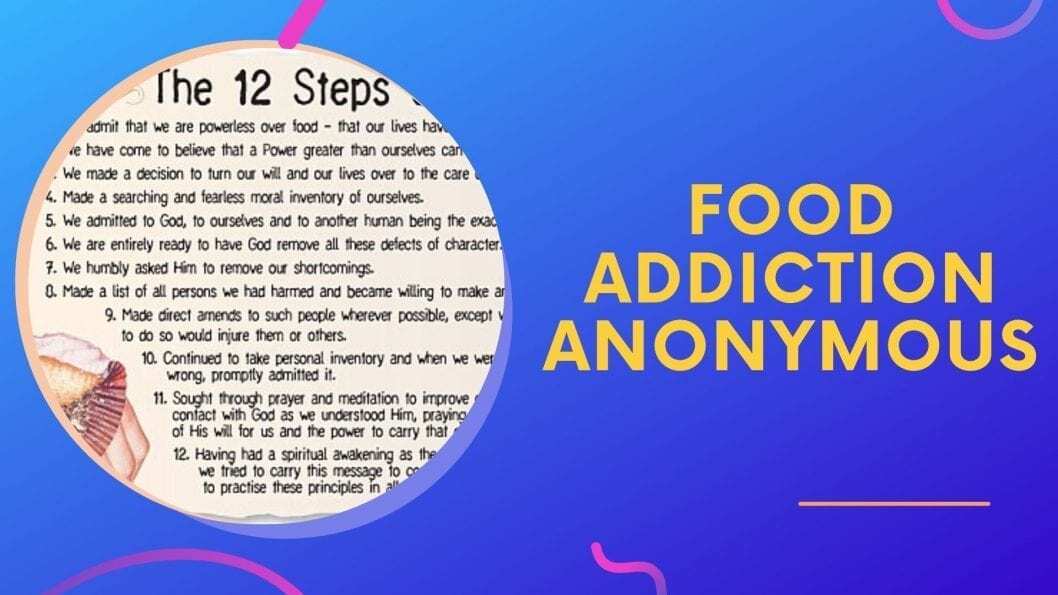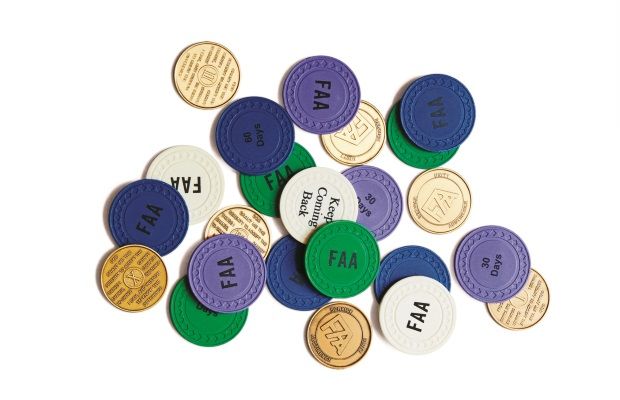
If your desire to exert willpower over your eating habits is not working, you feel undisciplined and weak, and repeat the behaviour to cope with the negative feelings.īiological factors: Biological factors that might influence food addiction include reactions to some medications, hormonal imbalances, brain structures that aren’t functioning properly and family members, such as parents, who have dealt with a similar addiction. A guilty conscience is common because it means you care.

You feel guilty after overeating but do it again during your next meal: You feel bad when you do something that is against your values. It’s always all or nothing, and moderation never works for you. You’ll find it much harder to be satisfied with one slice if you have an addiction to food. You always eat more than you intend to: Some people can have a slice of cake once in a while and be content. If you crave another food that has more calories and find it difficult to control your response, that’s a sign of food addiction. When you eat a nutritious meal, you’re not hungry. You get cravings for food even when you’re full: Cravings and hunger are not the same.

The most common symptoms of food addiction include: You might also experience withdrawal symptoms when you try to stop overeating.įood addiction involves a problem with overeating, cravings for certain foods and lack of control where food is concerned. Individuals who are susceptible to food addiction might build up a tolerance for food that is high in sugar, fat and salt. Women and men are only expected to enjoy good health until the ages of 71 and 69 respectively because of unhealthy eating habits. The average woman lives 83 years, while men live 79 years on average. Brain imaging studies on humans show that food can be an addiction when the brain’s reward centre is not functioning properly.Ī study by the Global Burden of Disease found that a poor diet is responsible for one in five deaths around the world, killing more people than carrying excess weight, smoking and obesity. Some scientists argue that labelling food disorders as addictions make it impossible for affected individuals to find help for recovery and removes personal responsibility. These foods trigger there lease of dopamine, that makes you feel the urge to eat again, even when you’re not hungry.Ĭurrently, the only recognised food disorder is binge eating disorder, a problem that leads to obesity. Foods that contain higher levels of salt, sugar, fat and starch are some of the most addictive food groups, which trigger feel-good chemicals in the brain, just like cocaine and heroin do. Food is a comfort when you’re feeling depressed, stressed, angry, anxious and sad. Like most chemical substances, food is addictive.
FOOD ADDICTS ANONYMOUS NYC PROFESSIONAL
Treating food addiction requires the help of professional therapists to help you understand the causes of your addiction and help you work towards learning to diet properly and live a healthy life.

Treatment for food addiction is more complicated than other addictions because you need food to live, it’s not something you can completely quit. If you do not get help for compulsive eating, you gain weight, which leads to problems such as high cholesterol levels, heart disease, high blood pressure, sleep disorders and mental health problems, including depression and body image issues.

According to the Daily Mail Online, binge eating is the hardest addiction to beat, blighted by frequent relapses, and a superabundance of triggers that make it very difficult to sustain abstinence. Anyone who has ever tried to quit behavioural or substance abuse will tell you that it’s one of the hardest things they’ve ever had to do. Scientists around the world are divided about overeating as a problem, its contribution to obesity and the right treatment means. They found that 85% of individuals who overeat have a negative body image of themselves, and 79% felt pressured from society to lose excess weight. The survey, aimed at adults aged 18 years and above, involved 1,017 respondents. In 2014, carried out a national survey in the UK to learn why people overeat.


 0 kommentar(er)
0 kommentar(er)
